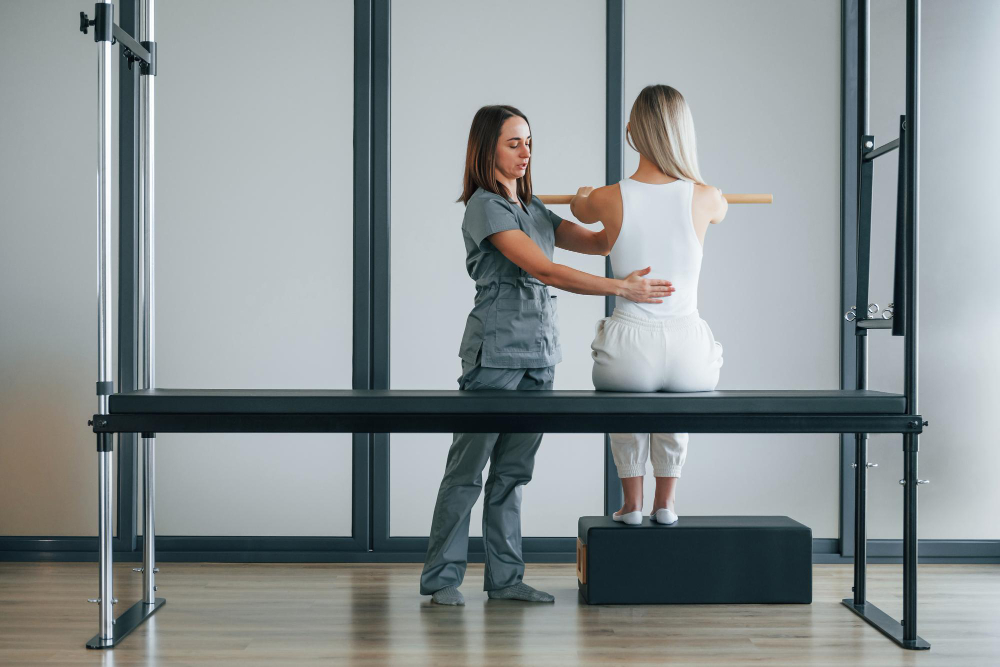Reasons Why Corrective Exercises May Not Always Work

Corrective exercises are an essential part of physical therapy that helps individuals regain strength, mobility, and range of motion after an injury or illness. These exercises are meant to correct imbalances, reduce pain, and restore function. However, there are situations where corrective exercises may not produce the desired results. If you have experienced this before, rest assured you are not alone. In this article, we will explore the reasons why corrective exercises may not always work, so you can better understand how to address the issue and get the desired results.
1. Incorrect exercise prescription
One of the common reasons why corrective exercises may not work is the incorrect prescription of exercises. It is essential to have a thorough assessment of an individual's condition to determine the underlying cause of the problem. When your physical therapist prescribes exercises that do not address the root cause or that are too difficult for your current level, your condition may worsen, and the exercises may not work as intended.
2. Inconsistent practice
Consistency is key when it comes to corrective exercises. Failure to adhere to the prescribed regimen can lead to slow or no progress being made. It is crucial for patients to complete their exercise program at the recommended frequency and duration to see improvement. Inconsistency in exercise practices also sets individuals back, and progress is often lost.
3. Over-reliance on corrective exercises
Corrective exercises work best when utilized as part of a comprehensive rehabilitation plan. Over-reliance on them alone can be a significant hindrance. If patients do not incorporate daily movement and activity into their daily lives, their conditions may not improve. Physical therapy enhances what the patient can do, but consistency of exercise and activity outside of therapy is critical.
4. Not modifying the exercises
Some corrective exercises may be too challenging or painful, and they need modification to be effective. Patients need to communicate with their physical therapists about the discomfort they're experiencing or finding the exercise too challenging. Warm-up exercises may be added, or movements can be modified to help an individual's progression.
5. Incomplete assessments
Before the start of corrective exercises, physical therapists should carry out in-depth assessments, including evaluating range of motion, posture, strength, and flexibility. Incomplete initial assessments can prevent physical therapists from properly identifying the root cause of the issue, which can lead to the incorrect prescription of exercises. Incomplete assessments can also hinder the effectiveness of corrective exercises.
Conclusion
Corrective exercises are meant to restore motion and function, and it is critical to understand why they may not always work. Incorporating daily movements and activity while adhering to the prescribed regime are essential. Communication is critical between patients and physical therapists, ensuring the correct exercises are prescribed and modifying/progressing the exercises as needed. When the patient is informed and actively plays a role in the rehabilitation process to improve on their condition, their outcomes will be improved. At B Physical Therapy, we work collaboratively with our patients to help them achieve positive outcomes and get back to the quality of life they desire. If you're looking for a Physical Therapist in Winter Springs, FL, contact us today to schedule an appointment.